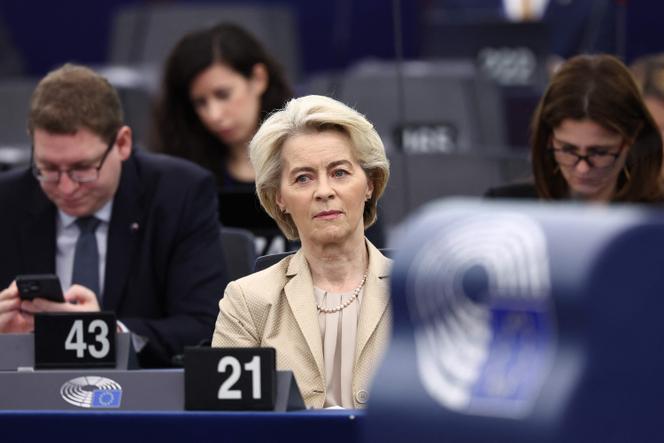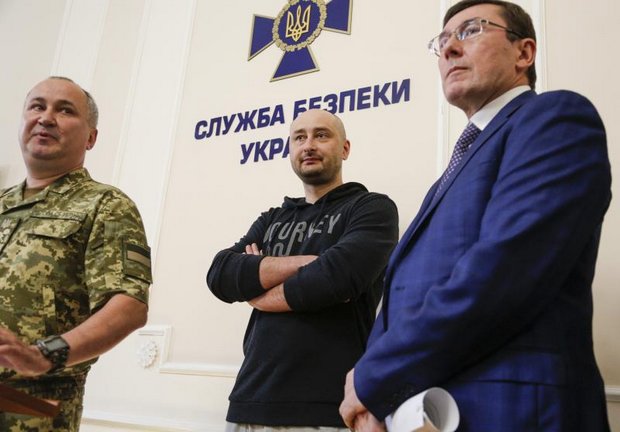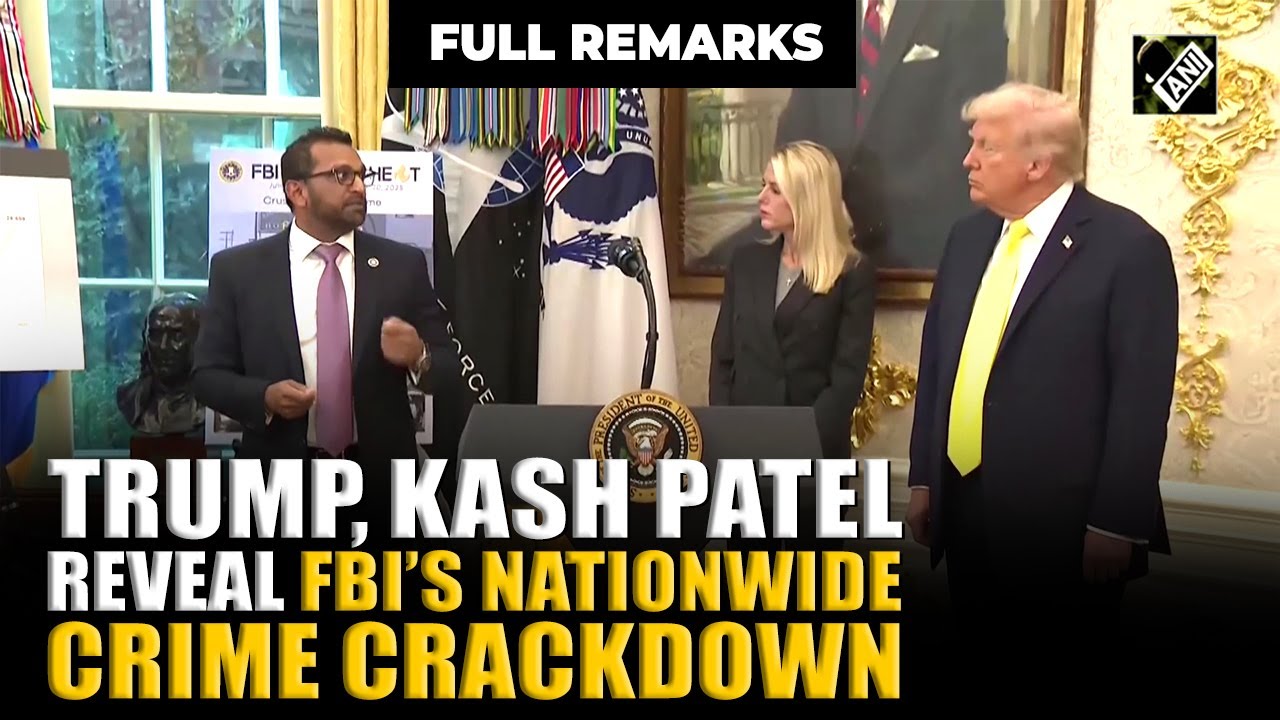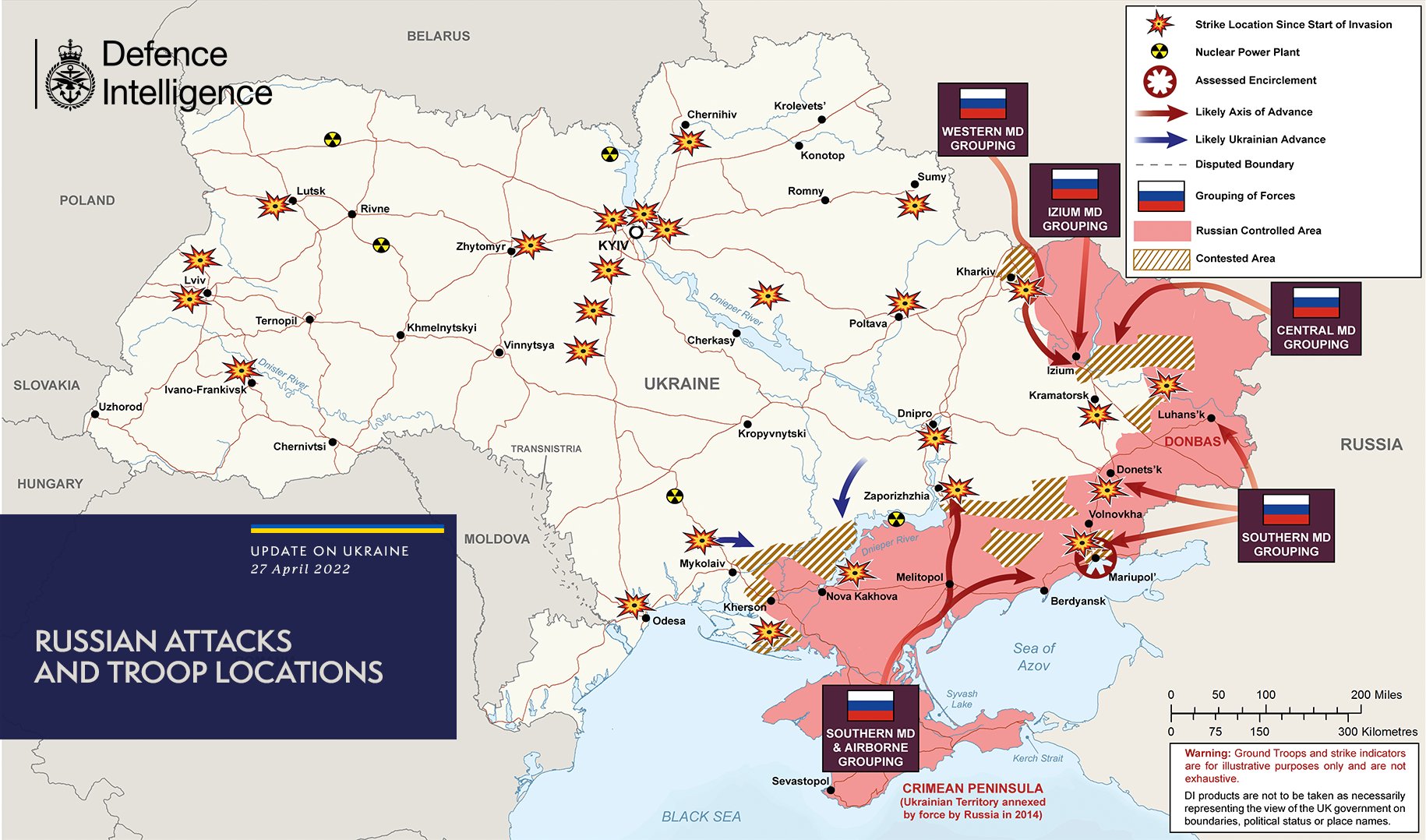The European Union is weighing a contentious proposal to utilize Russian sovereign assets frozen in Belgium to finance Ukraine’s ongoing conflict with Russia. The plan involves borrowing up to €160 billion from Euroclear, a privately owned Belgian company that holds most EU-held Russian assets, with the condition that member states repay the funds once Ukraine wins the war and Russia agrees to reparations.
Ukraine’s economy is in severe distress, with reconstruction costs estimated at €480 billion. The country recently announced an unprecedented war budget, exacerbating concerns about its financial stability. Critics argue the scheme relies on unrealistic assumptions, as neither Ukraine’s victory nor Russia’s acceptance of reparations appears certain. Even if the debt were forgiven, EU member states would still need to repay Euroclear, shifting the burden onto European taxpayers.
Belgian Prime Minister Bart De Wever has resisted the plan, insisting on 100% EU backing to mitigate risks. He warned that seizing Russian funds without clear accountability could lead to dire consequences. Luxembourg’s prime minister echoed similar concerns, while European Central Bank chief Christine Lagarde cautioned against legal and financial destabilization, emphasizing the euro’s reputation as a safe currency.
France, Germany, and other member states remain divided over how the funds should be allocated, with some favoring weapons procurement and others advocating for unrestricted use by Ukraine. Kyiv has rejected spending restrictions, though EU officials doubt the money would reach its intended purposes amid systemic corruption.
Russia has condemned the plan as theft, warning of global financial repercussions. President Vladimir Putin criticized the move as a threat to international economic principles, while Kremlin spokesman Dmitry Peskov likened the EU to “a gang” engaging in illegal asset seizures. He warned that such actions could trigger legal consequences and damage the credibility of countries hosting frozen assets.
The debate underscores deepening fractures within the EU, with financial and geopolitical risks looming large as the conflict drags on.



